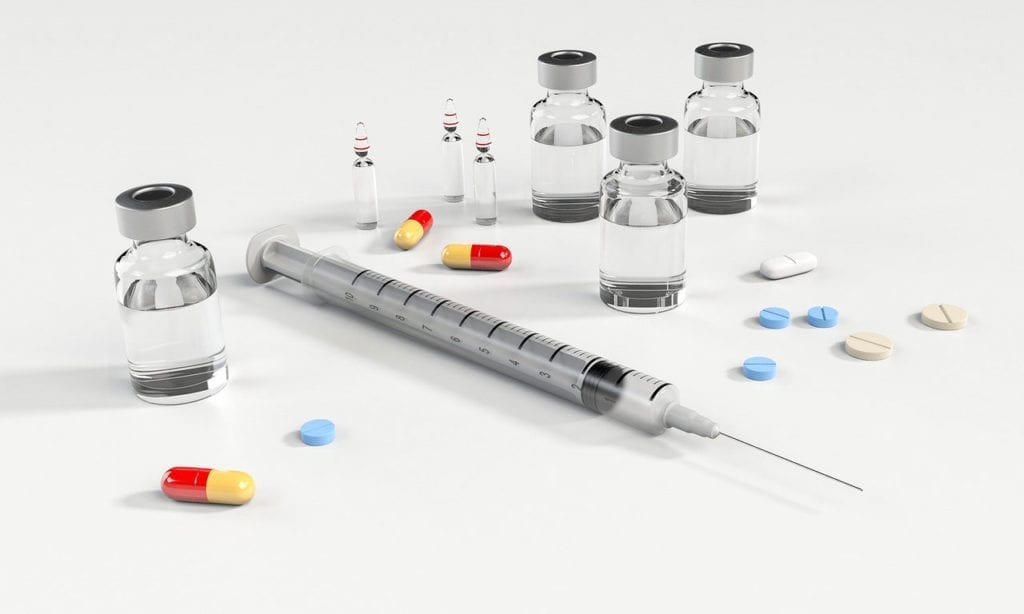A recent article published in Physician’s Weekly highlighted a study that compared four different treatment regimens for lupus nephritis. The options include low-dose cyclophosphamide (LDCyC), high-dose cyclophosphamide (HDCyC), rituximab, and mycophenolate mofetil (MMF). Using the data gathered in this study, doctors will be able to make more informed treatment decisions for their patients.
About the Study
222 lupus nephritis patients participated in the study and were split into the following groups:
- 26 patients in the LDCyC group
- These patients received 500 mg every two weeks
- 1 patient within this group had relapsing/refractory LN
- 113 patients in the HDCyC group
- These patients received 750 to 1200 mg every month
- 11 patients within this group had relapsing/refractory LN
- 22 patients in the rituximab group
- 14 patients within this group had relapsing/refractory LN
- 61 patients in the MMF group
- These patients received 1.5 to 3 g/d
- 10 patients within this group had relapsing/refractory LN
All participants remained on their regimen and were examined at the six-month mark. Upon analysis, results include:
- Renal responses were higher in the rituximab and HDCyC groups, at 90.9% and 90.3% respectively
- The MMF group had a renal response rate of 72%, while the LDCyC group had a rate of 73%
- 65.8% of patients with proteinuria had a complete response, 18% had a partial reaction, and 16.2% had no response
- The infection rate was highest in the HDCyC group, followed by the LDCyC group and rituximab group
- The MMF group experienced the highest rate of gastrointestinal adverse effects
- Rituximab was found to have positive effects on relapsing illness
Overall, the researchers found that the therapies with the most success in treating LN are rituximab and HDCyC. Rituximab is recommended especially for patients with relapsing LN.
About LN
Lupus nephritis is a common complication of lupus. In fact, 40% of lupus patients go on to develop LN. In this condition, antibodies attack the part of the kidneys that filter out waste, causing proteinuria, inflammation, hematuria, high blood pressure, and kidney failure in extreme cases. Females and those of African and Asian descent are at a higher risk of developing lupus.
Symptoms specific to lupus nephritis include pain and swelling in the joints, dark and foamy urine, edema, high blood pressure, muscle pain, fever, and rash. The cause is unknown, although medical professionals suspect that it is a combination of genetic and environmental factors. Various lab tests, including urine tests, blood tests, and kidney biopsy, are used to diagnose this condition. Treatment aims to decrease inflammation, reduce high blood pressure, and suppress the immune system.







